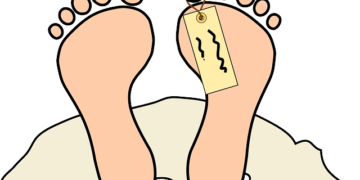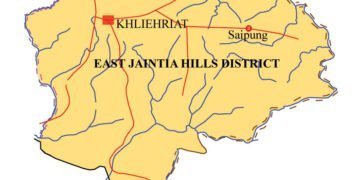A youth from East Jaiñtia Hills was arrested today by the National Investigation Agency (NIA) in connection with a human trafficking case involving Rohingya refugees.
Identified as Wanbiang Suting, the person was arrested from his residence at Donaskul village today.
Sources in the NIA said that the person is accused of facilitating the illegal transportation of vulnerable Rohingya women to the suspected human trafficking operation being run by an arrested kingpin.
It is learnt that the kingpin, who hails from Silchar, was arrested in Mangalore and, during the course of investigation, Suting was found to be involved in facilitating the entry of the Rohingya through Bangladesh.
Sources also said that Suting would facilitate trafficking of women to Assam, Delhi, Kolkata, Mumbai, Bangalore and other cities in India. The conflict in Myanmar and desperate desire of many of its inhabitants to escape to a better life puts them at great risk of trafficking for labour and/or sexual exploitation.
Today morning NIA sleuths also apprehended a number of Rohingya women from Jagi Road railway station in Assam who had boarded the train from Badarpur.
East Jaiñtia Hills Superintendent of Police Jagpal Singh Dhanoa said police from Umkiang assisted in the arrest and have no other information related to the case of human trafficking.
More than 7,30,000 mainly Muslim Rohingya have fled persecution in Buddhist-dominated Myanmar and set up camps across the border close to Cox’s Bazar, Bangladesh’s top tourist location.
Rohingya activists in India and Malaysia say both the desperate refugees and the traffickers are using the India-Myanmar border crossings in Manipur and Mizoram to undertake the “high risk” journey to Myanmar and further on to Thailand and Malaysia.
Rohingya are denied citizenship under a 1982 Myanmar nationality law and have been subjected to grievous persecution since. They face restrictions on their freedom of movement, access to state education and civil service jobs. However, they face hardships upon reaching India, where most are treated as illegal migrants and not refugees.





























